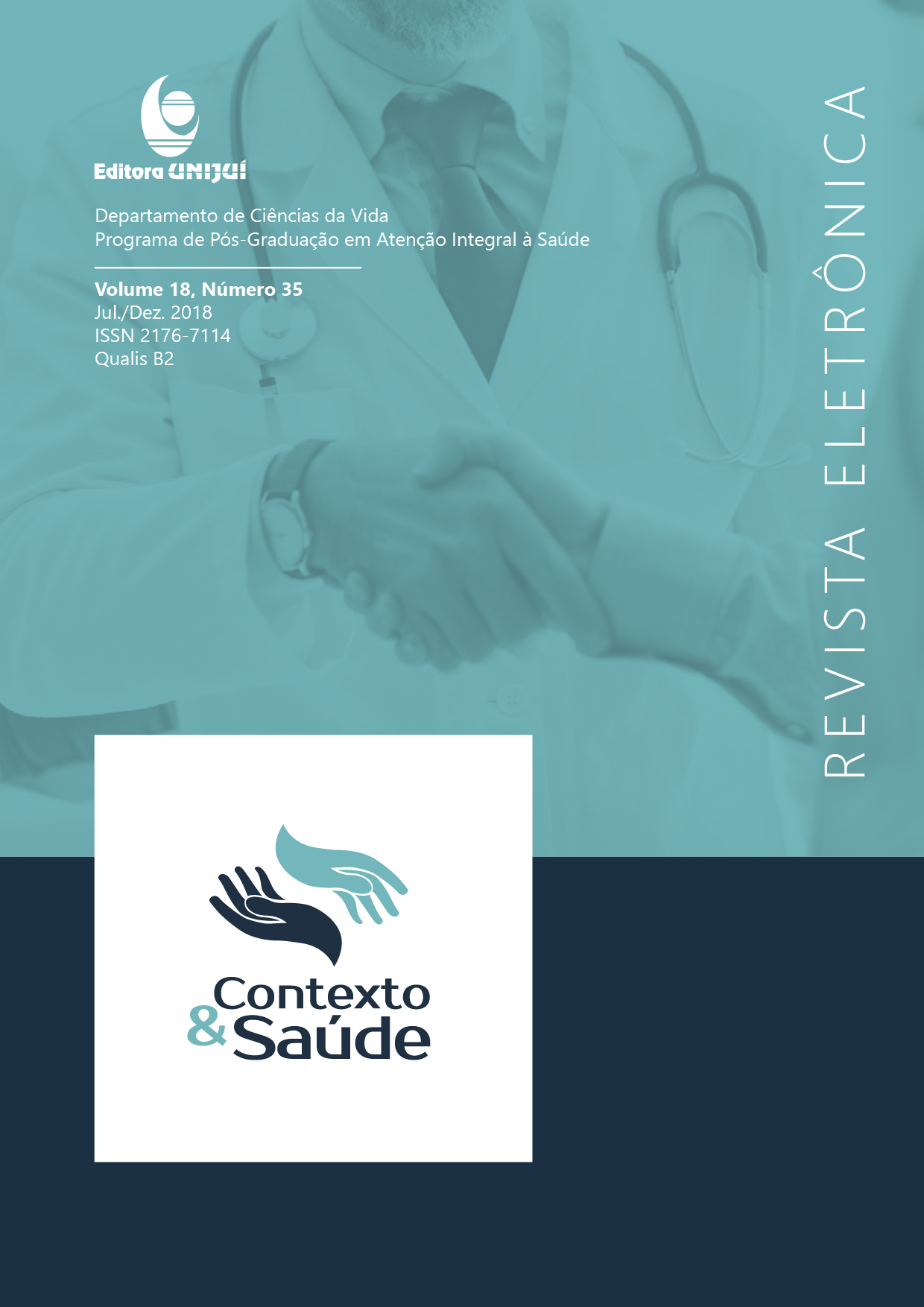COMPORTAMENTO DA INCONTINÊNCIA URINÁRIA PÓS PERDA DE PESO INDUZIDA POR CIRURGIA BARIÁTRICA: ESTUDO DE COORTE
DOI:
https://doi.org/10.21527/2176-7114.2018.35.61-68Keywords:
Incontinência urinária, cirurgia bariátrica e obesidadeAbstract
Objetivo: Analisar o comportamento, prevalência e severidade da incontinência urinária (IU) ao longo do tempo, pós-perda de peso induzida por cirurgia bariátrica e seu impacto na qualidade de vida de mulheres obesas. Métodos: Trata-se de um estudo de coorte misto, de mulheres obesas que se submeteram a cirurgia bariátrica. A amostra foi composta por 83 mulheres obesas, com idade entre 18 a 59 anos, que ingressaram em momentos diferentes no estudo e realizaram cirurgia bariátrica, sendo organizada em dois grupos: Continente (GC) e Incontinente (GI). Os questionários utilizados foram o International Consultation on Incontinence Questionnaire - Short Form (ICIQ-SF) e o Kings Health Questionaire (KHQ), aplicados junto com a avaliação do índice de massa corporal (IMC) em 5 momentos, desde o pré-operatório até os 12 meses de pós-operatório.
Resultados: Identificou-se uma prevalência de IU nas obesas candidatas à cirurgia bariátrica e esta foi reduzindo ao longo de um ano de pós operatório passando de 60% para 34%. Relativo aos resultados do ICIQ-SF foi possível identificar a redução da severidade da IU onde a maioria era classificada com moderada no pré-operatório, e passou para leve na maioria das que ainda permaneceram incontinentes. Relativo ao KHQ, apenas observou-se melhora significativa da percepção geral da qualidade de vida.
Conclusões: Conclui-se que após a perda de peso induzida pela cirurgia bariátrica ocorre um comportamento de redução da prevalência e da severidade da IU ao longo de um ano de pós-operatório impactando positivamente apenas na sua percepção geral de qualidade de vida.
Downloads
Published
How to Cite
Issue
Section
License
By publishing in Revista Contexto & Saúde, authors agree to the following terms:
The works are licensed under the Creative Commons Atribuição 4.0 Internacional (CC BY 4.0) license, which allows:
Share — to copy and redistribute the material in any medium or format;
Adapt — to remix, transform, and build upon the material for any purpose, including commercial.
These permissions are irrevocable, provided that the following terms are respected:
Attribution — authors must be properly credited, with a link to the license and indication of any changes made.
No additional restrictions — no legal or technological measures may be applied that restrict the use permitted by the license.
Notes:
The license does not apply to elements in the public domain or covered by legal exceptions.
The license does not grant all rights necessary for specific uses (e.g., image rights, privacy, or moral rights).
The journal is not responsible for opinions expressed in the articles, which are the sole responsibility of the authors. The Editor, with the support of the Editorial Board, reserves the right to suggest or request modifications when necessary.
Only original scientific articles presenting research results of interest that have not been published or simultaneously submitted to another journal with the same objective will be accepted.
Mentions of trademarks or specific products are intended solely for identification purposes, without any promotional association by the authors or the journal.
License Agreement (for articles published from September 2025): Authors retain copyright over their article and grant Revista Contexto & Saúde the right of first publication.

